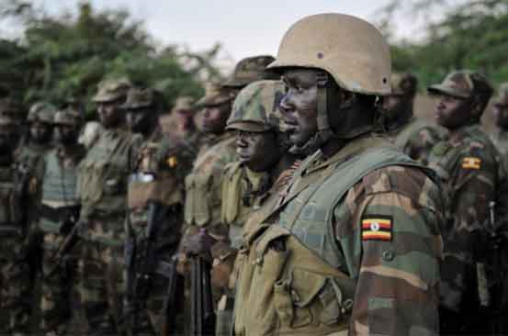×
The Standard e-Paper
Stay Informed, Even Offline

KAMPALA: Uganda plans to withdraw its troops from Somalia by December 2017, signalling it is scaling back regional military interventions after it said it planned a similar pullback from Central African Republic.
President Yoweri Museveni has intervened in several regional security hotspots, deploying troops to help quell unrest in Somalia, Central African Republic and South Sudan in recent years.